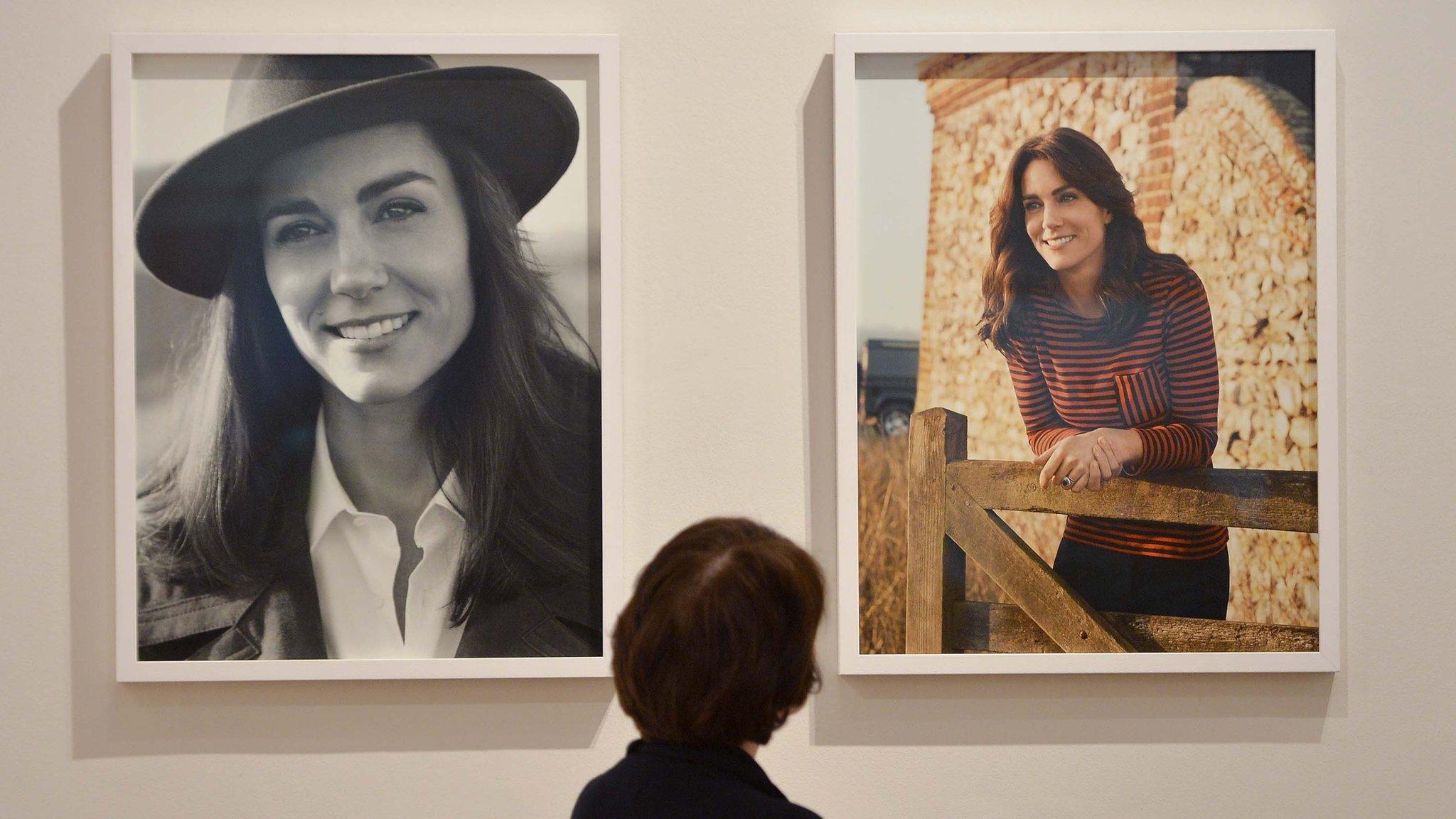British Vogue editor Alexandra Shulman stands down
- Published
Alexandra Shulman has been "a constant figure" in British fashion, as David Sillito reports
British Vogue editor Alexandra Shulman is to step down as editor-in-chief, external after more than 25 years in post.
Ms Shulman will leave in the summer. Her successor has not yet been named.
It was "hard to find a rational reason to leave" but she "wanted to experience a different life", she said.
Nicholas Coleridge, managing director of the magazine's publisher Condé Nast, said: "Alex has been the longest-serving and most successful editor of Vogue in its 100 year history."
'Precious cargo'
Ms Shulman said steering Vogue during its "spectacular centenary" in 2016 had been "one of the greatest privileges" of her role.
"I have worked with an unparalleled collection of talent both inside and outside the magazine and have been lucky enough to see both Vogue and the British fashion industry expand and flourish," Shulman said.
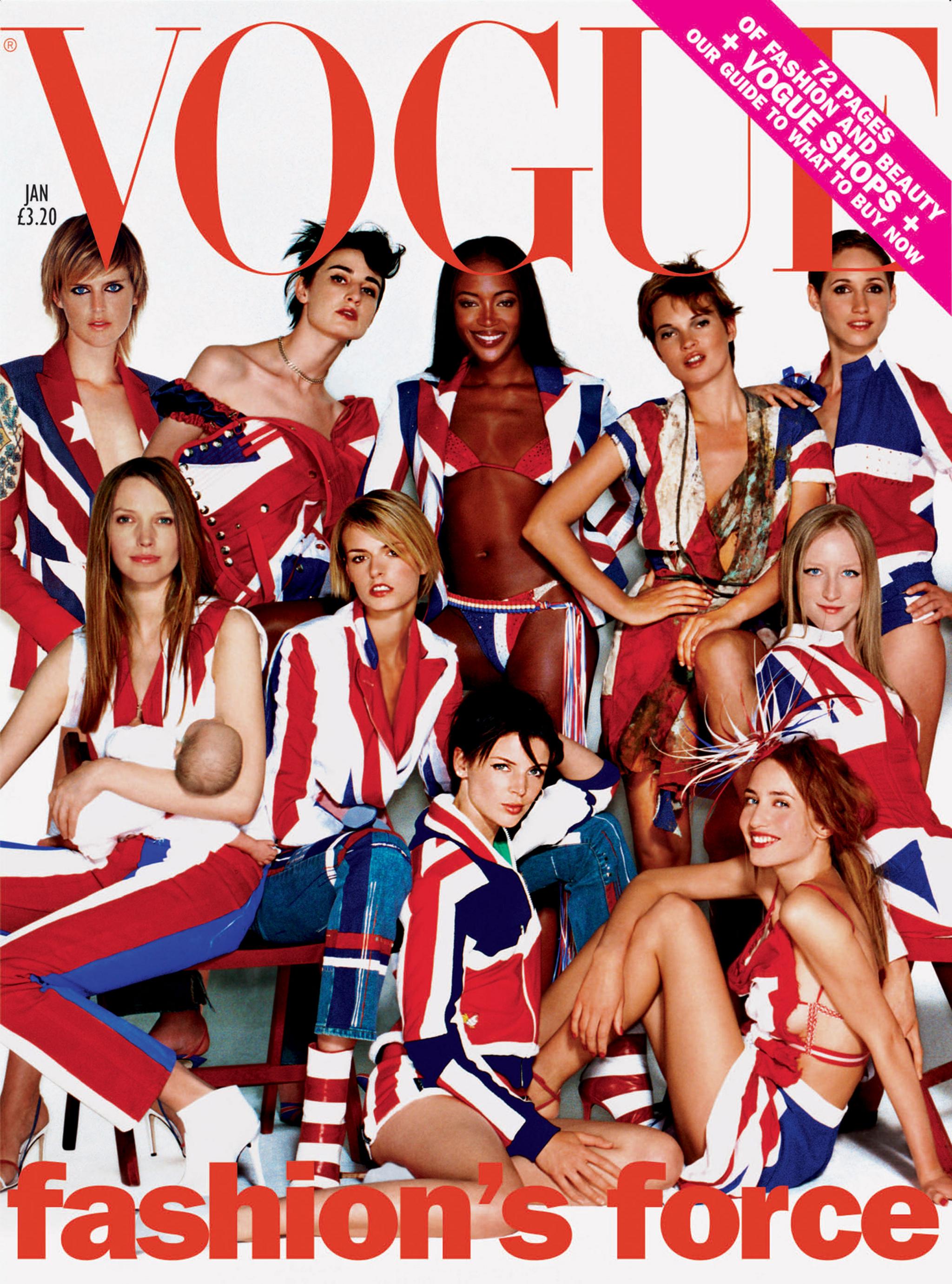
Shulman's era at the magazine coincided with and fuelled that of the supermodel (January 2002)
Scroll down for more British Vogue covers
Mr Coleridge noted she had edited Vogue for a quarter of its existence, through its highest-ever circulation, as it changed to a digital brand.
"She has been the towering figure of the British fashion press throughout her tenure: a superb journalist and editor, who understands and exemplifies every quality. Imaginative, hard-working, perceptive and a brilliant leader," he said.
She was a valued friend, he said, and it was "impossible" to express the contribution she had made to the magazine.
Secrets and scoops
A documentary for the BBC by Richard Macer last year went behind the scenes at Vogue - and showed how Shulman managed to hide landing the Duchess of Cambridge for the cover from the filmmaker.
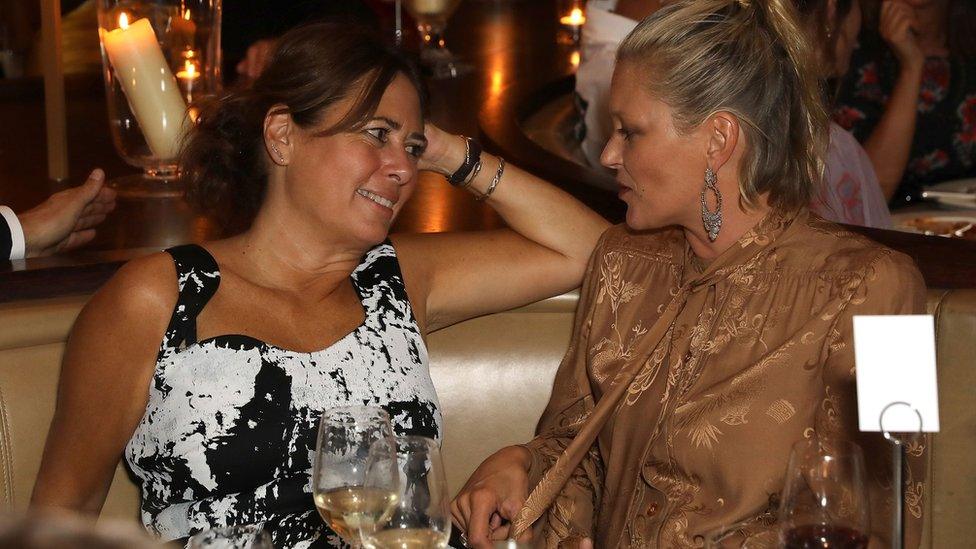
A BBC documentary showed how the magazine worked - including its cover star choices and centenary shenanigans
Despite her job in fashion, Ms Shulman once told The Guardian, external: "There was a newspaper piece which was kind of a round-up of all the editors of Vogue, and it was like the Russian one and the Italian one - and the description of me was 'chain-smoking 50-year-old Toyota-driving divorcee', and I thought, 'Hmm, bit too much reality, actually'.
"I could have done with a bit more 'cool ice-maiden'."
Healthy pledge
The fashion industry has seen controversy and concern about very thin models during Ms Shulman's 25-year tenure.
But she was not afraid to speak out about this and in 2009 wrote an open letter to the powerhouses of Karl Lagerfeld, Donatella Versace and Miuccia Prada criticising their use of "minuscule" sample sizes.
In 2012, Vogue globally pledged only to use healthy models in its pages.
Its November issue last year featured only real women on its editorial and fashion pages, prompted by difficulties Ms Shulman had in securing sample designer clothes for women who were not models for shoots with the magazine.
'Not the stereotype'
Ms Shulman used Vogue to "champion the talent" of British fashion designers as well as photographers, stylists, make-up artists and writers, the Guardian's Associate Fashion Editor, Jess Cartner-Morley said., external
"She has worked hard to get Vogue - and by extension, the fashion industry - to engage with the wider world," she added.
She said Ms Shulman also worked as a "tireless advocate" for London Fashion Week arguing time for the event and "leveraging her own reputation to persuade designers to stage their shows" there.
Writer and broadcaster Sali Hughes, external paid tribute to Ms Shulman as a "brilliant and talented, dyed in the wool journalist" and a "warm, friendly and inclusive person - not the Vogue editor stereotype".
"As somebody who comes from a straight journalism background it has been extremely inspiring to me to have someone at the helm of Vogue who takes journalism and writing very seriously and applies journalistic principles to a subject matter many people had previously considered to be irrelevant and frivolous," she said.
"There's no reason a fashion magazine should be regarded with less respect than a publication covering another topic. She has made it a professional and respectable and insightful subject to write about."
British Vogue said, external: "An announcement regarding a successor will be made in due course."
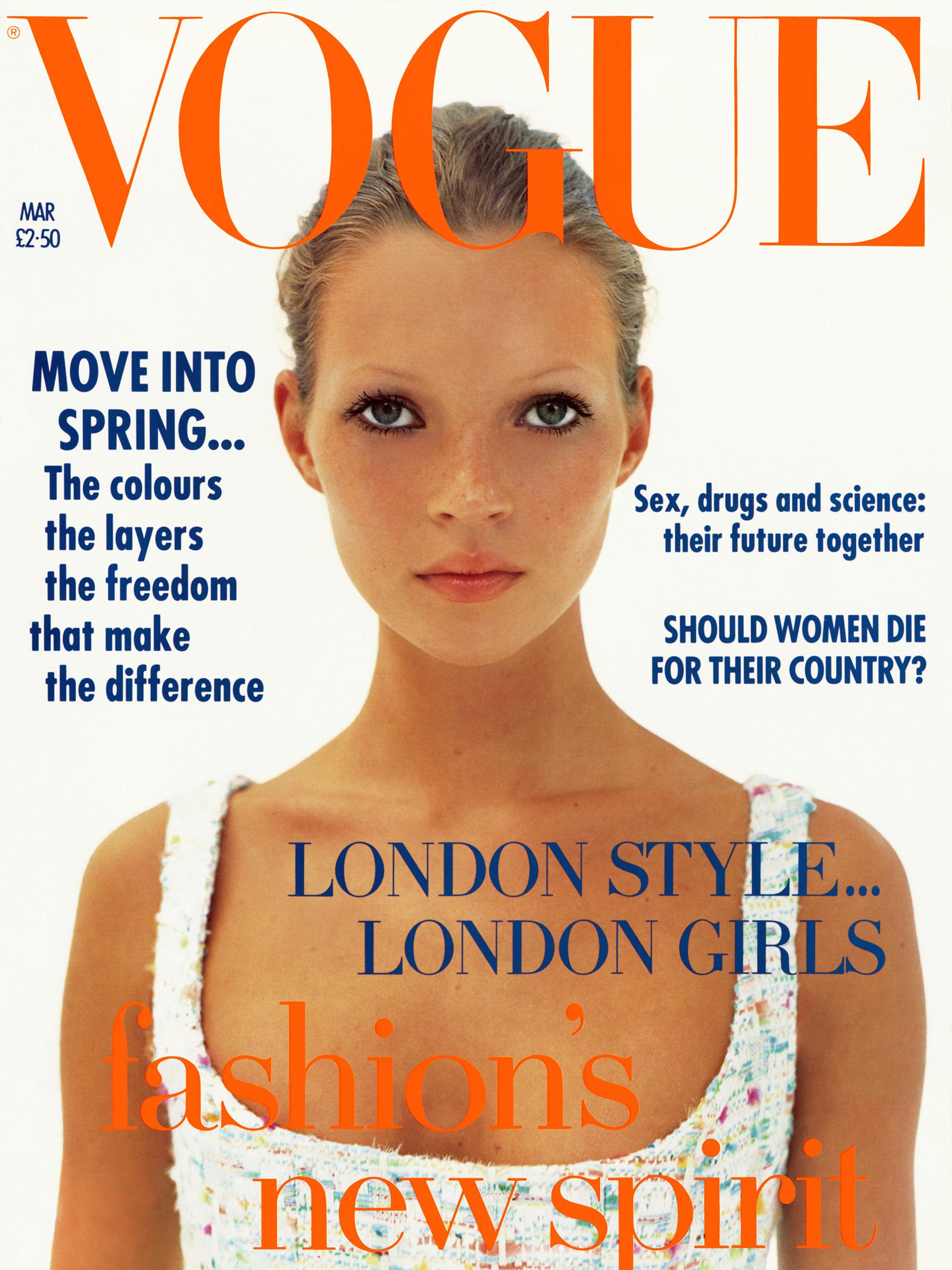
Kate Moss has been Vogue's most prolific cover star worldwide (March 1993)
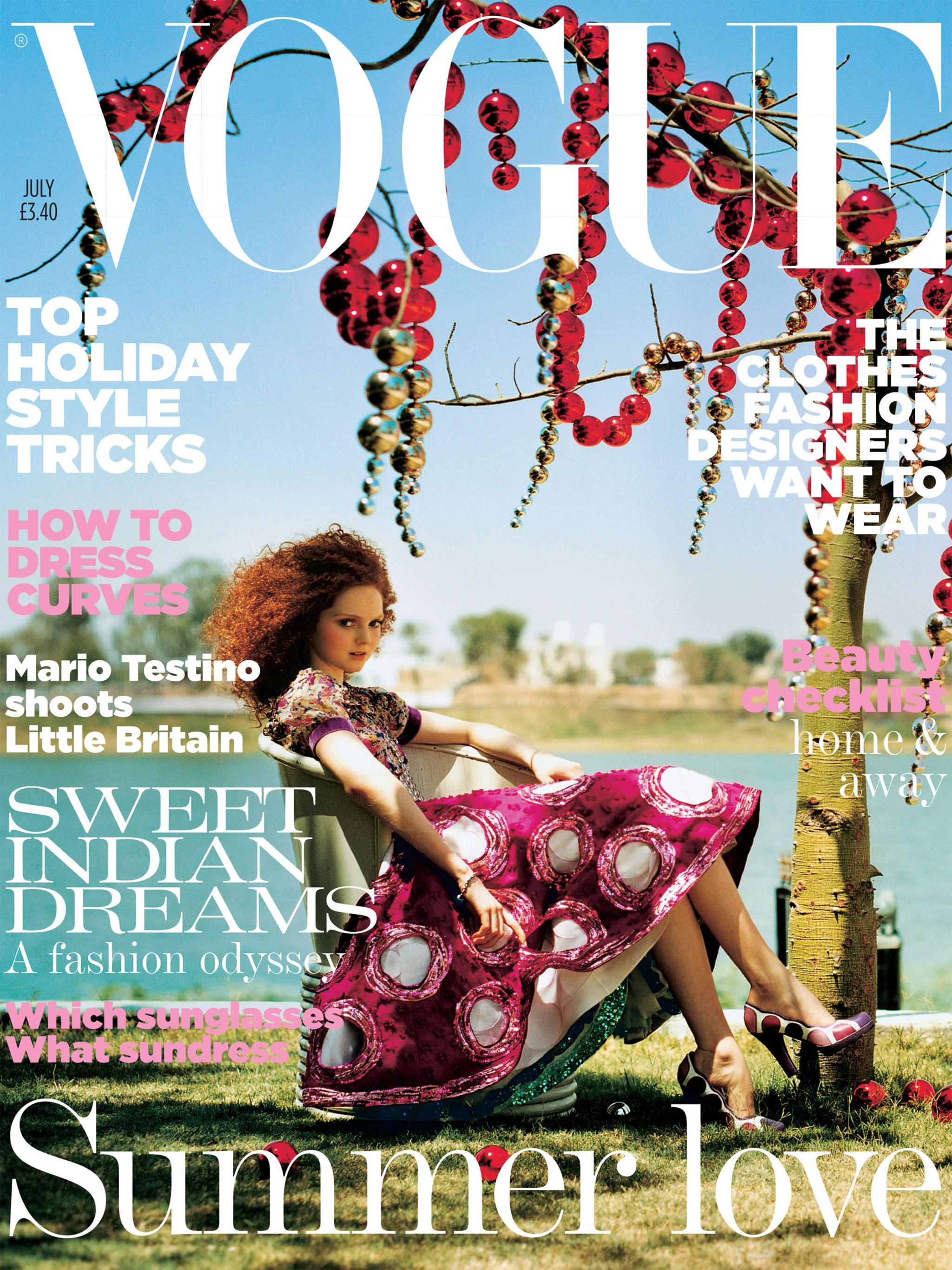
The magazine has championed her career and that of many models - such as Lily Cole (July 2005)
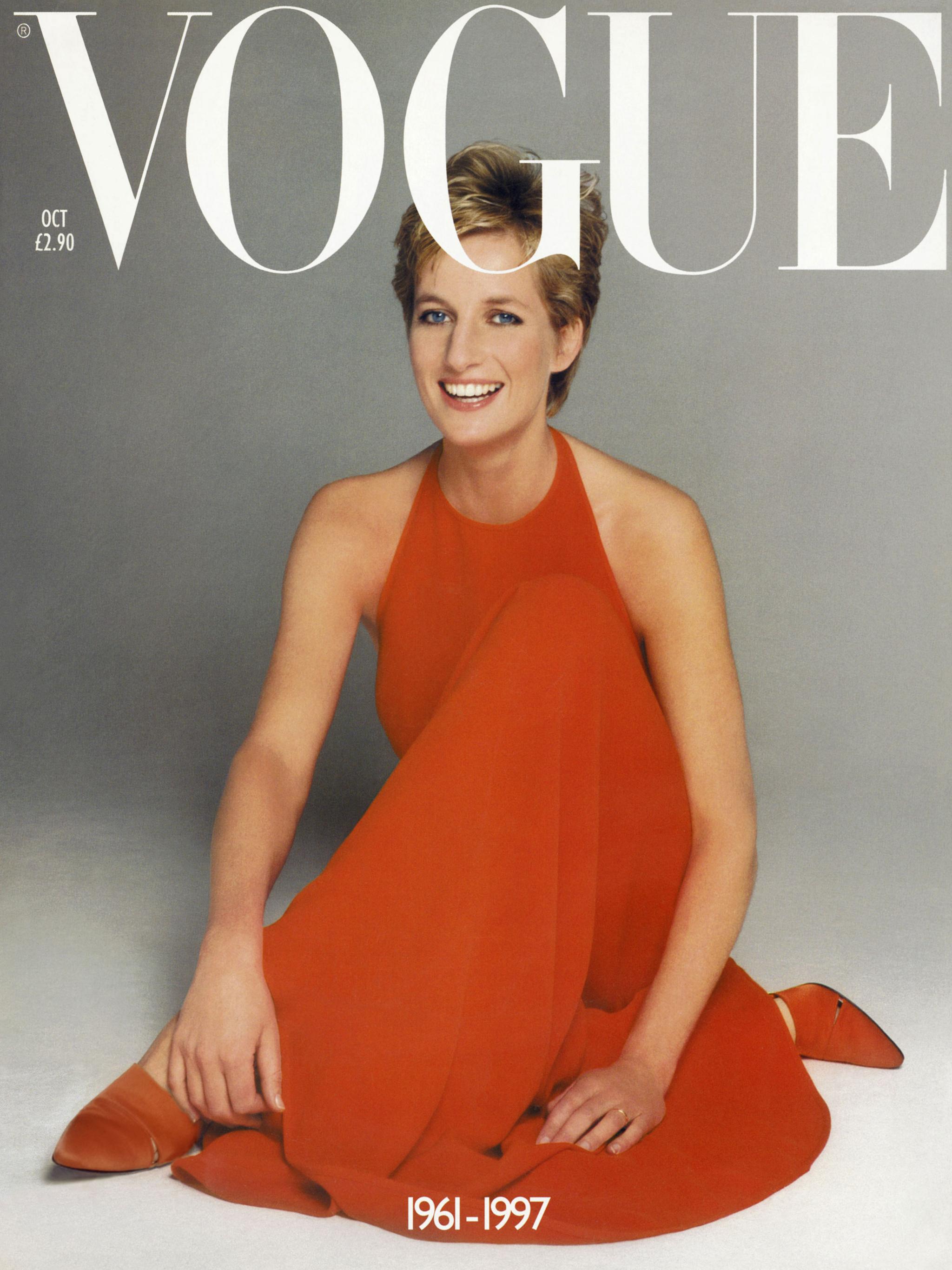
Diana, Princess of Wales is featured in a tribute after she died in a car crash in 1997 (October 1997)
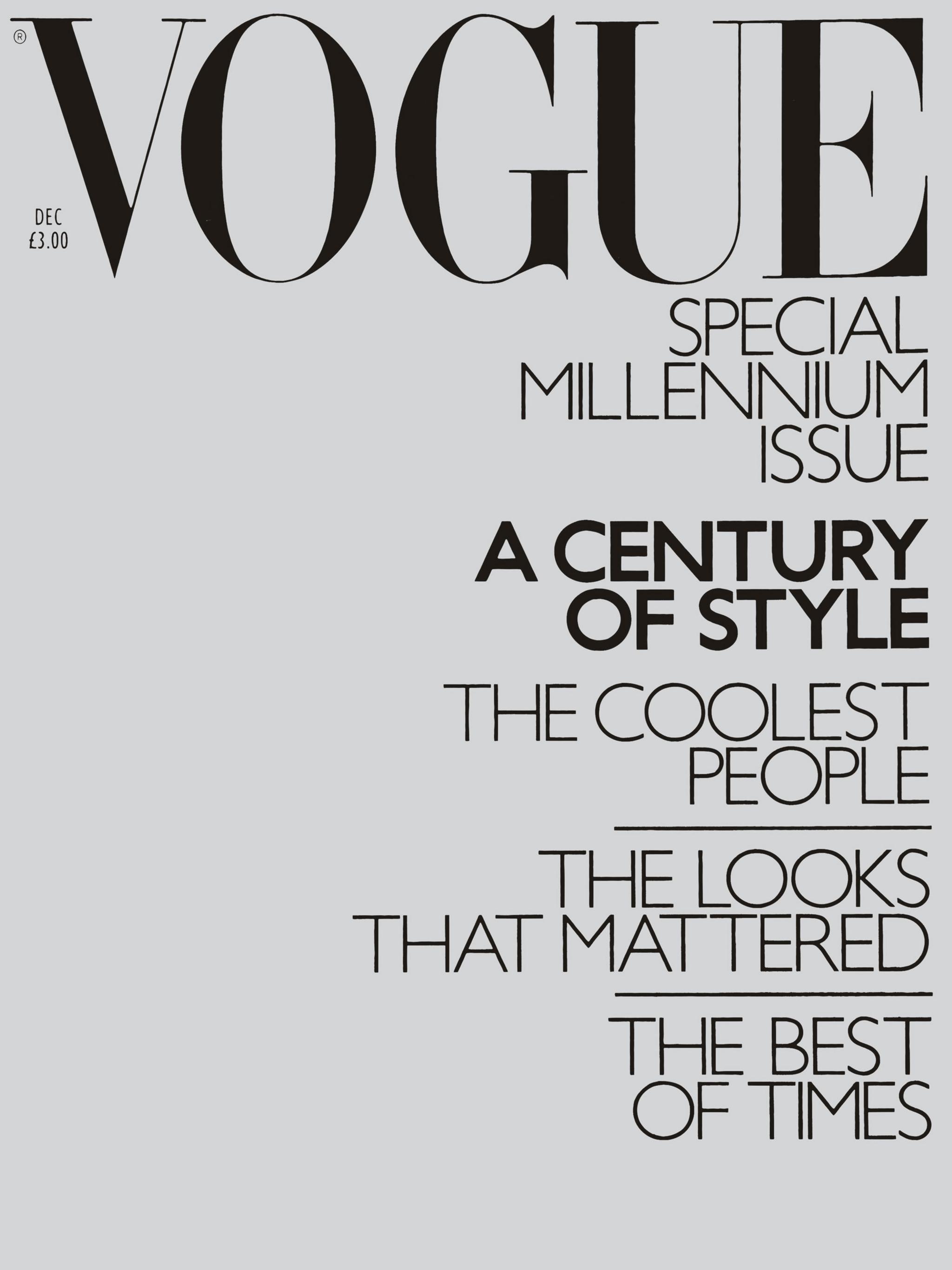
The reflective mirrored surface of the Millennium edition made the reader the star (December 1999)
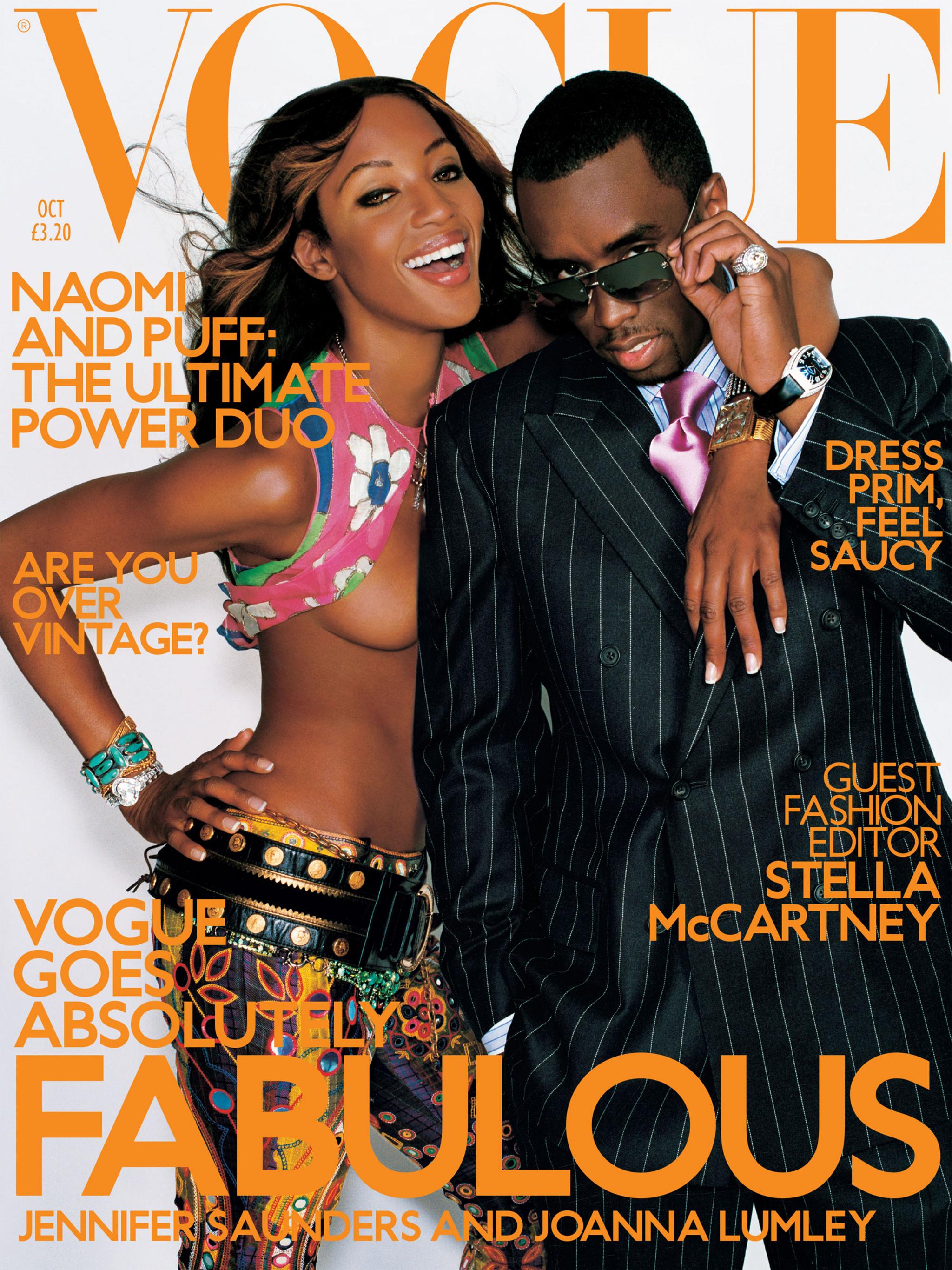
The turn of the century saw celebrities increasingly take the cover alongside fashion models (October 2001)
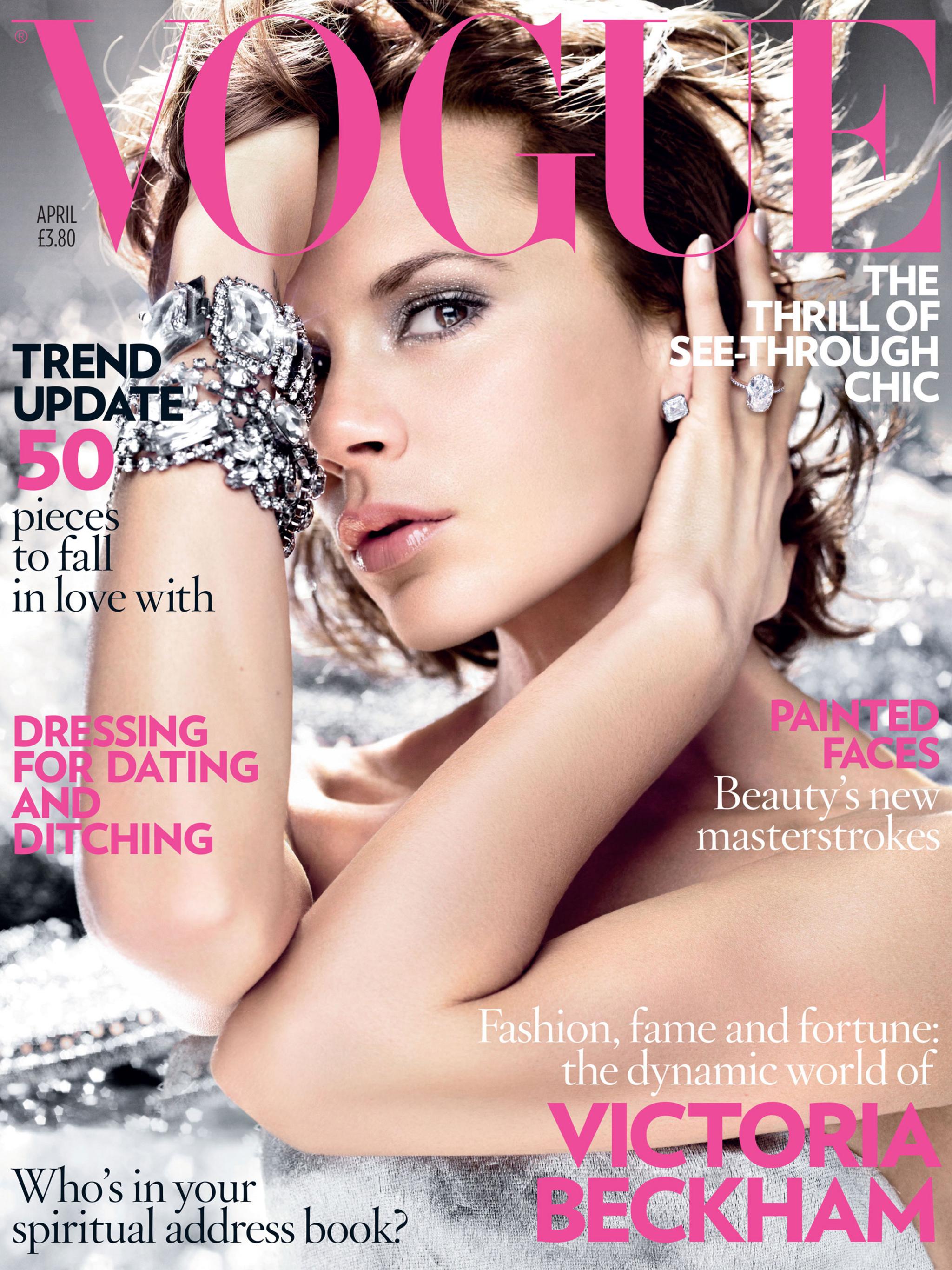
And chronicled industry changes such as Victoria Beckham's move from Posh Spice and WAG to designer (April 2008)
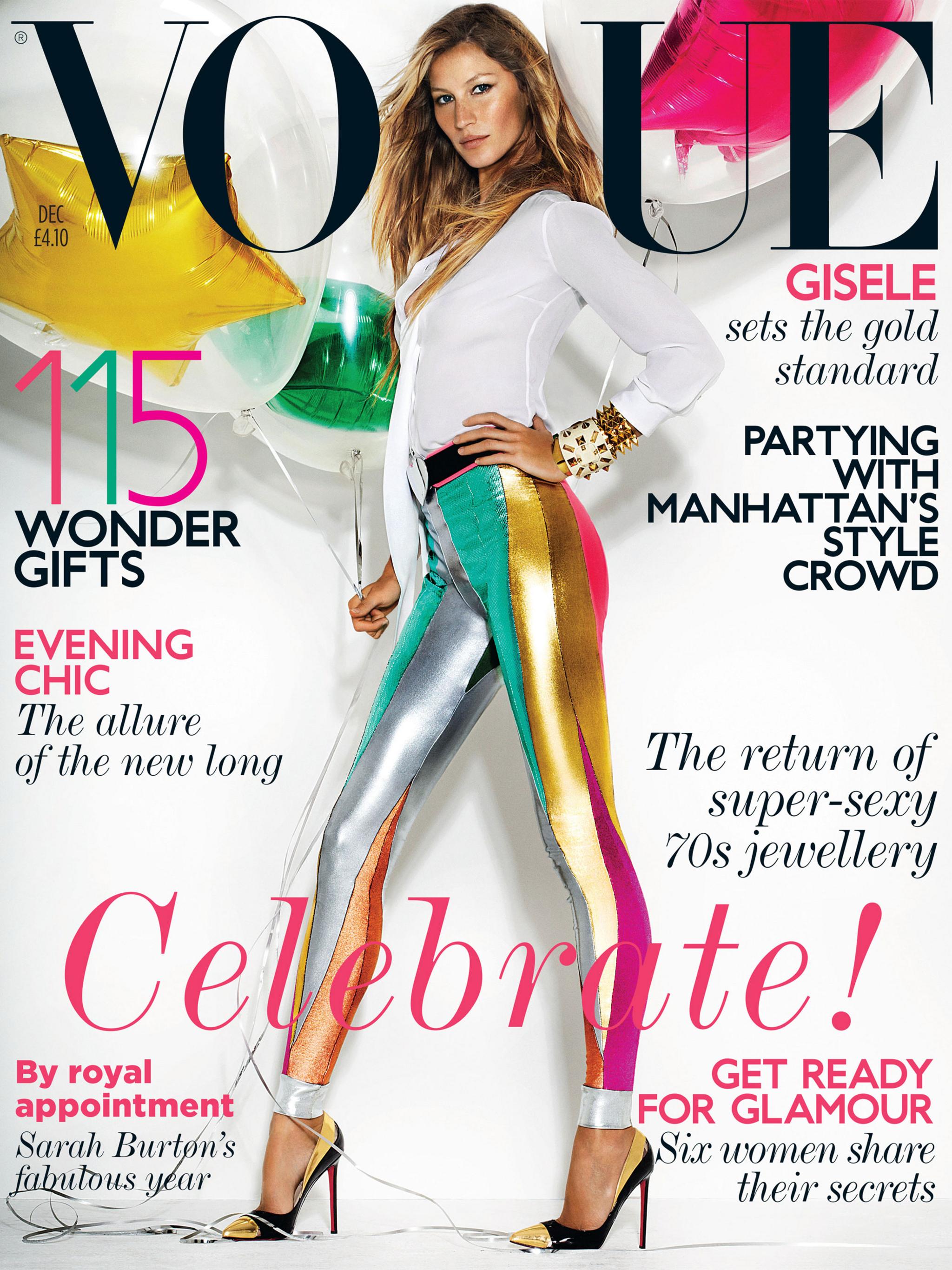
It is famous for setting and celebrating trends - sports luxe seen here in December 2011
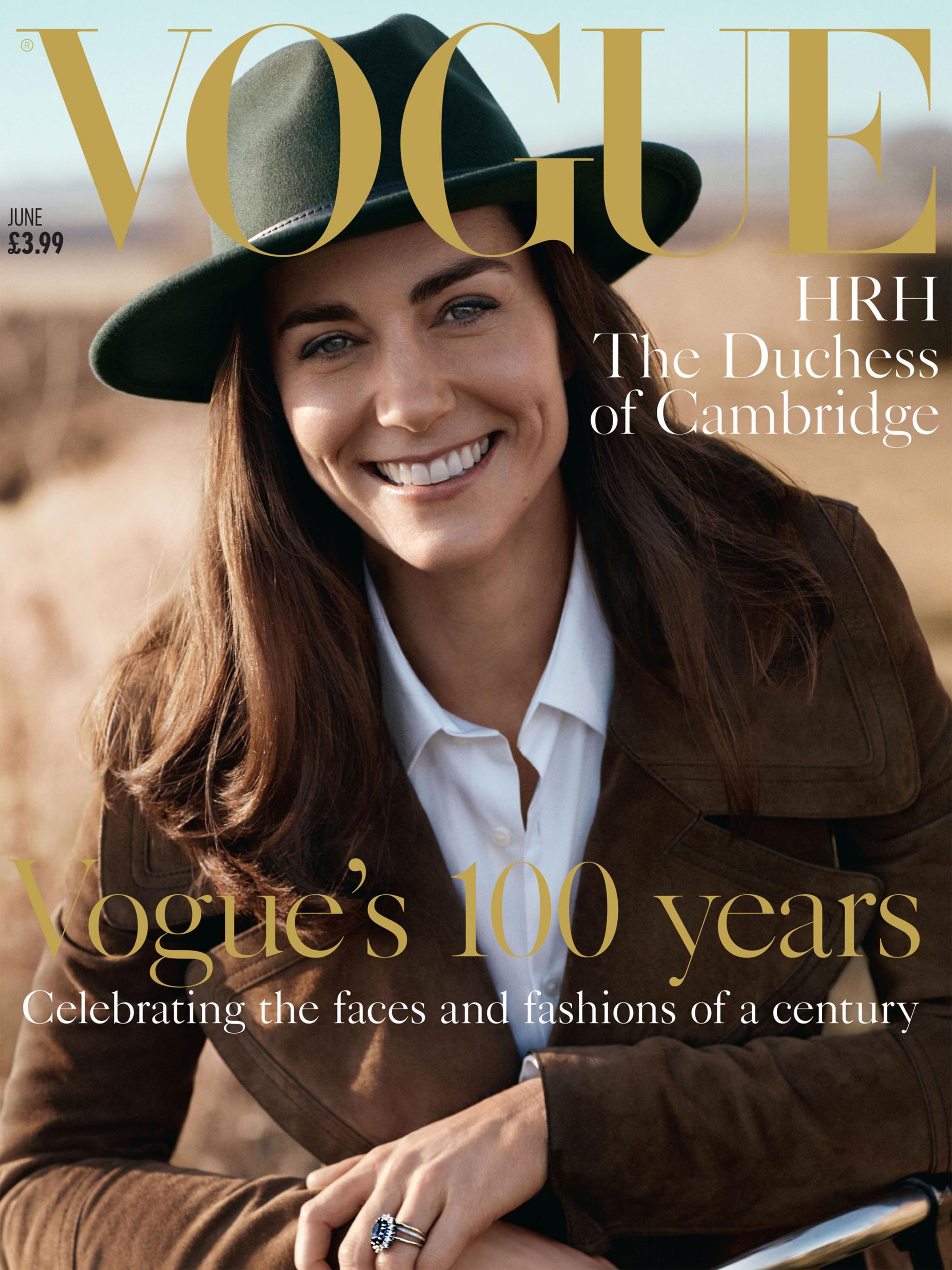
And personalities and high profile women - like the Duchess of Cambridge in the summer of 2016
- Published25 January 2017
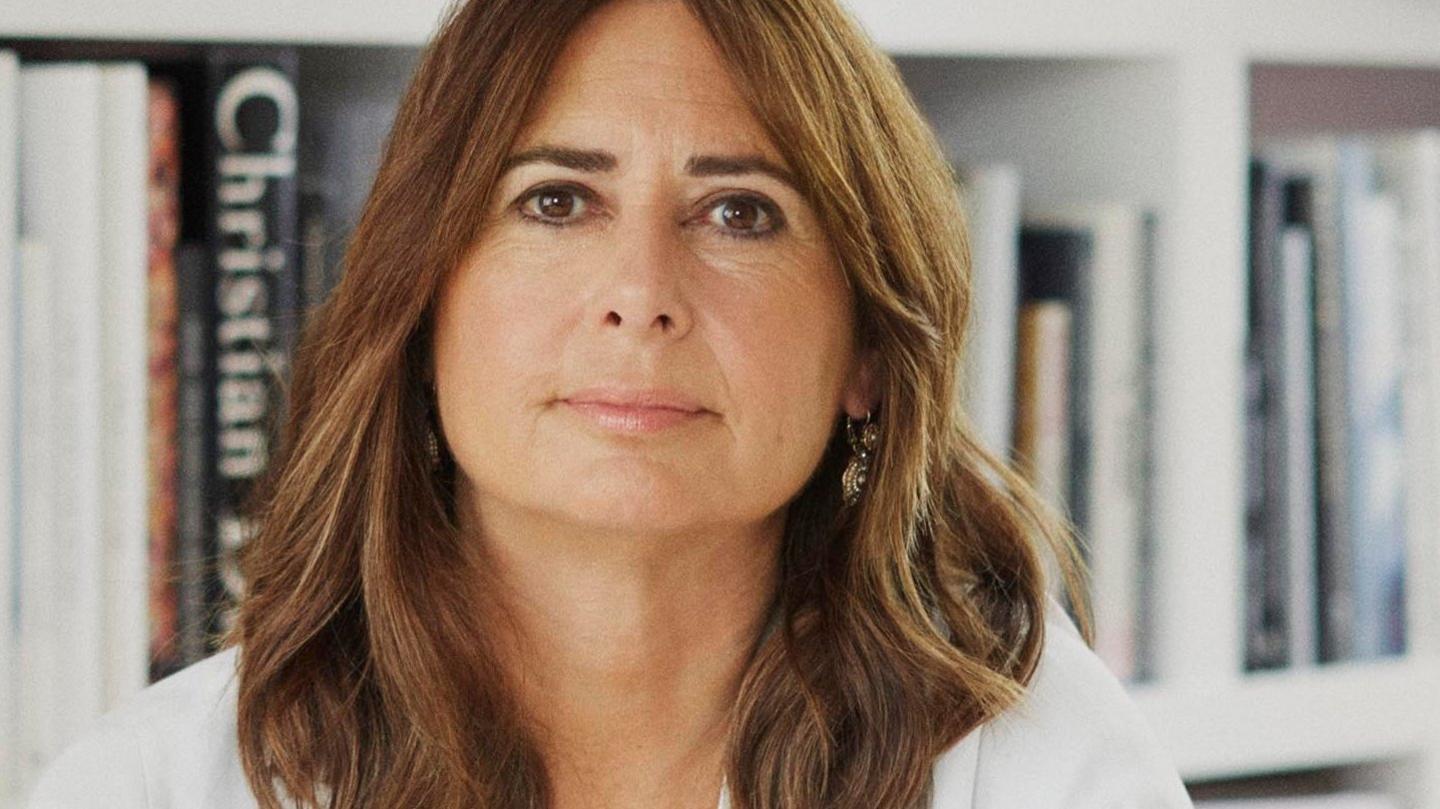
- Published8 September 2016
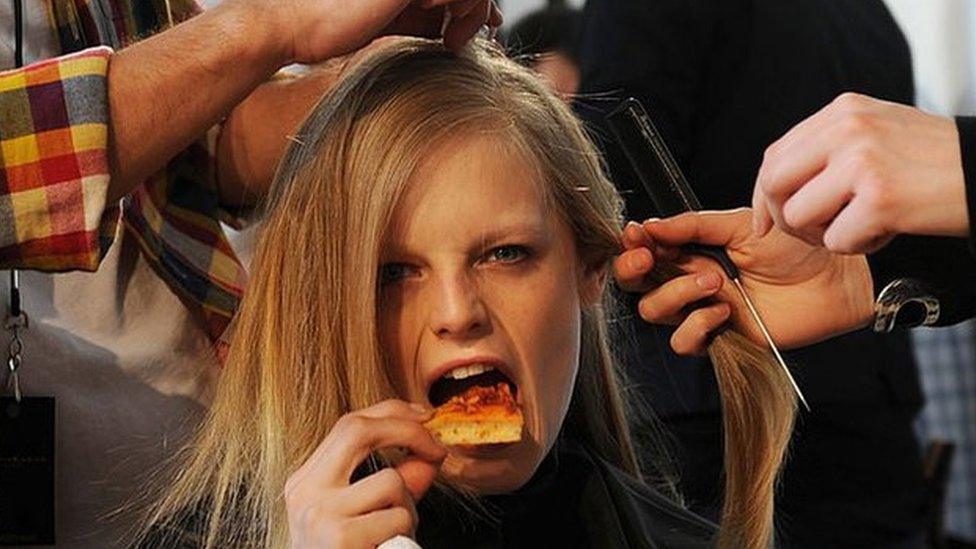
- Published15 January 2017

- Published4 October 2016
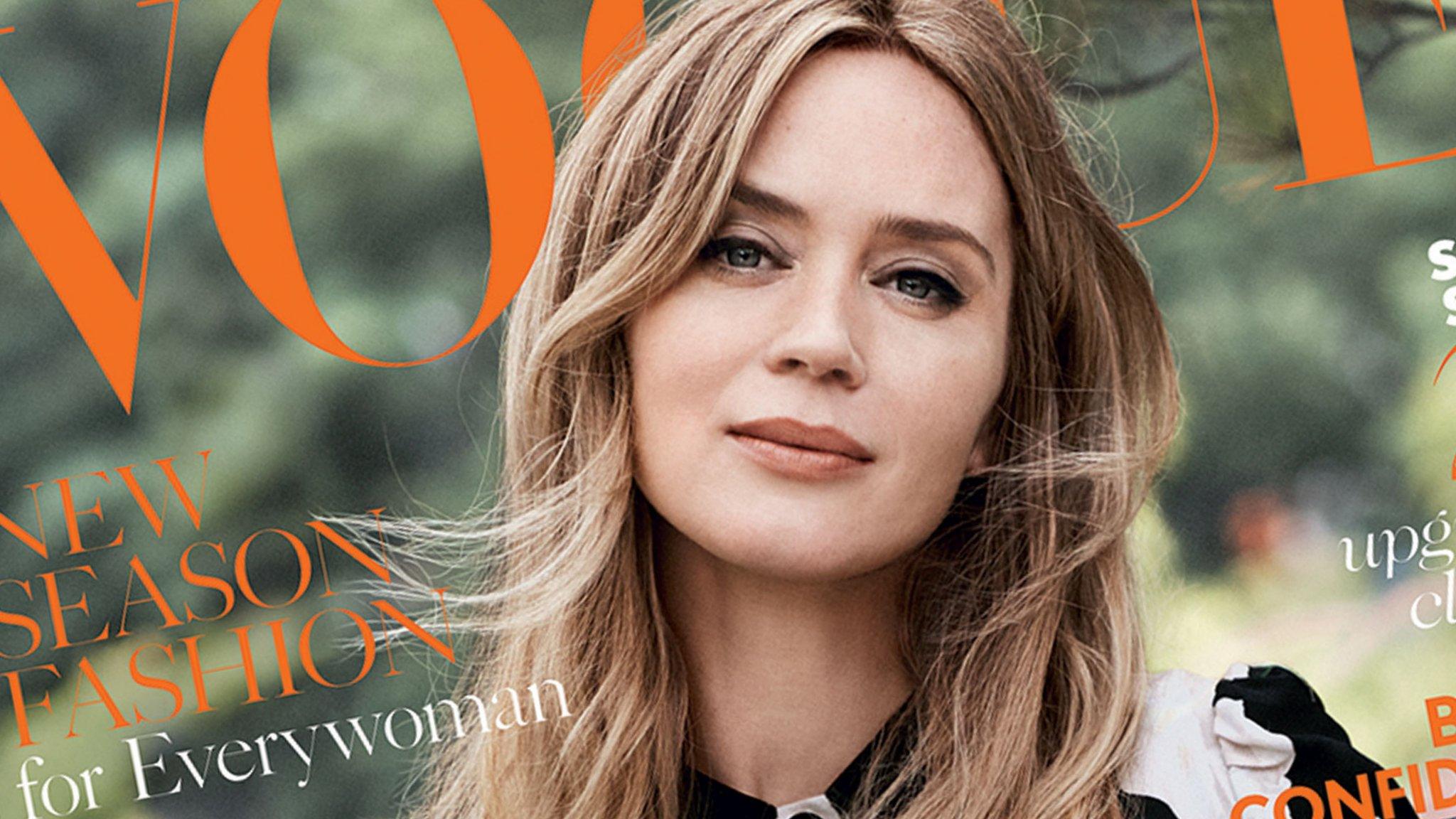
- Published1 May 2016
